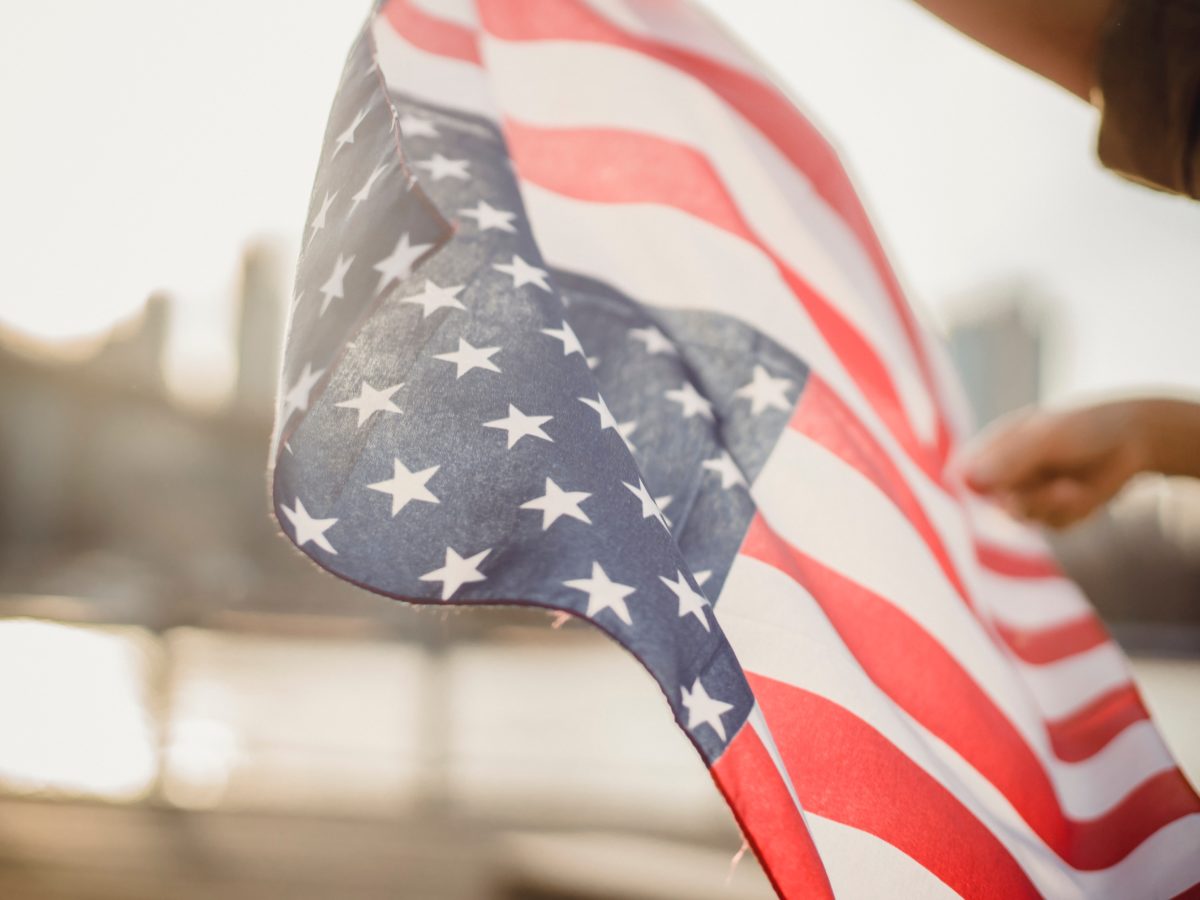

“Our schools are open,” said the president of the United States. “Let’s keep it that way. Our kids need to be in school.”
Why Joe Biden felt the need to deliver those three short sentences in an hour-long State of the Union address to Congress speaks to education’s enduring importance to American life. His words also respond to the battering public schools have faced from both the prolonged pandemic and persistent political polarization.
While a president prepares a State of the Union message, as called for in the Constitution, pollsters typically seize an opportunity to assess the state of public opinion. In the days before Biden’s speech, findings from several polls shed light on the complex atmosphere in which public schools operate in 2022.
Education ranked fourth — behind strengthening the economy, reducing health care costs, and addressing COVID-19 — in the Pew Research Center’s January listing of the top public priorities. In an essay pulling together findings from several surveys, the Pew Center reported that “only around one-in-five adults (22%) said the quality of K-12 education in the public schools was a major problem in their local community, unchanged from 2018.”
And yet, that Pew essay delivered unsettling findings of a widening partisan divide over schools. Pew, an independent nonpartisan research organization, reported that “amid high-profile debates over a range of K-12 school policies — from mask mandates to the teaching of race-related issues — a declining share of Republicans in the United States say they are confident in public school principals to act in the best interests of the public.”
To be sure, Pew did not set out to target principals, most of whom remain widely respected in their communities and who carry out policies set by superintendents and school boards. The findings come from a recent survey designed to measure the level of public confidence in leaders and practitioners in critical societal institutions. Pew asked about medical scientists, police officers, journalists, business leaders and religious leaders, as well as public school principals.
A bare majority (52%) of Republicans and Republican-leaning independents said they have a great deal or fair amount of confidence in K-12 public school principals to act in the public’s best interests, down from 79% two years ago. Now, a near-majority (47%) say they have little or no confidence at all in principals. In contrast, 76% of Democrats and Democratic-leaners express a great deal or fair amount of confidence in principals, down from 87% two years ago.
“In March 2020, when the coronavirus outbreak first struck the U.S., the vast majority of Republicans (85%) and Democrats (94%) said closing K-12 schools was a necessary step,” said Pew. “But as the pandemic has continued, partisan disagreements about school closures have become more pointed.”
The loud protests at state capitals and local school boards surely had an influence on politics and policy, though they did not represent the totality of public opinion. “In a survey this past January — when the omicron variant was spreading rapidly and some schools were again closing their doors,” said Pew, “Republican K-12 parents were much more likely than Democratic parents (55% vs. 26%) to favor schools providing in-person only instruction. Democratic parents were more likely than Republican ones (64% vs. 39%) to favor a mix of in-person and online instruction.”
The public-opinion divide over education issues is one aspect of the wider “severe partisan polarization on the issues” explored in the Hoover 2022 Poll, as reported in RealClearPolitics, an online news site. The research has its base at the Hoover Institution, a conservative think-tank at Stanford University.
Partisan differences, says the report, “manifest themselves in differential support for American institutions. Majorities of Democrats are supportive of universities, unions, the media, the United Nations, public schools, local government, and the judiciary. Republican majorities support the police, churches, and organized religion, with pluralities having confidence in state and local government. There was cross- partisan agreement that neither corporations nor Congress instilled much confidence.”
Amid their overall finding of severe polarization, the Hoover scholars offered an intriguing observation: “It appears that many Americans have friends in the other party and do not feel as though they can’t say what they think…71 percent of Democrats with Republican friends report discussing politics, and 67 percent of Republicans with Democratic friends report discussing politics.”
No doubt, President Biden would welcome such a finding. As the nation’s highest official, the president persists in articulating a “unity agenda” and in defining Americans as “one people.”
As a political leader, the Democratic president must contend with the reality of polarization and try to persuade a narrow band of persuadable voters. By proclaiming that “our kids need to be in school,” Biden seeks surer footing for engaging in the turbulent politics of education that will play out through the 2022 and 2024 elections years.


